PLANE Facilitated Stakeholders Training on Safeguarding in Jigawa State
A PLAIN SUCCESS STORY
To keep children safe from all forms of abuse, it is critical that everyone at the school has a common understanding of safeguarding. A key strategy for improving educational outcomes for children in Jigawa is to ensure that schools are safe spaces where children can learn and thrive. PLANE seeks to embed safeguarding in schools by supporting them to put in place safeguarding guidelines and action plans that protect children. In view of this, PLANE Jigawa facilitated a two-day training of stakeholders on safeguarding; the main objectives of the training were:
- Strengthen the capacity of key school managers and actors at the state, LGA, and community levels on the basics of safeguarding, GESI and DI.
- Review the draft for the school-based referral pathway and gain input from additional stakeholders.
- Explore risks and approaches for addressing the safeguarding of children with disabilities.
- Engage in initial consultation on the development and rollout of action plans in PLANE schools.
- Support the understanding and development of School Safeguarding Plans and self-assessment tools.

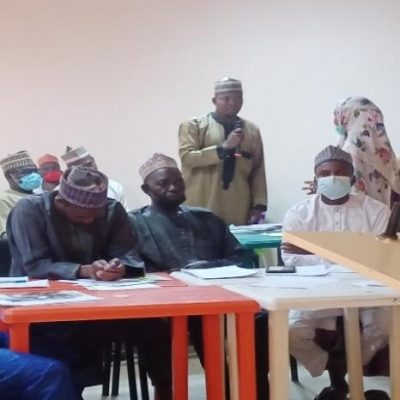
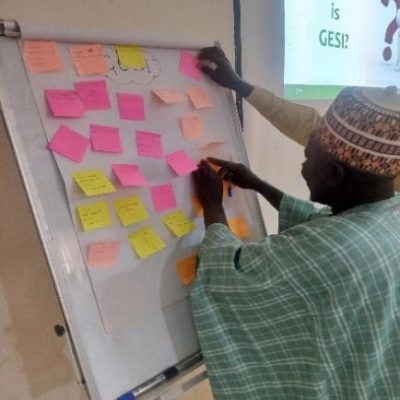
Six representatives from all PLANE seven intervention LGAs participated in the training. Participants at the meeting included education secretaries, LGA chairmen of the School Based Management Committee (SBMC), Senior School Support Officers (SSSOs), a safeguarding focal person from SUBEB and the Ministry of Education, as well as two members of the Jigawa Education Accountability Forum. There were sessions previously held introducing stakeholders on safeguarding. The methodology used for the training was primarily a slide presentation, which hitched to a discussion using the language of the environment.
It was during the discussion, ‘Safe Schools and What Make Schools Unsafe?’ that SBMC chairman Dutse said, “If we had this training 20 years ago, we would not be fighting insurgency in Nigeria today because parental neglect is one of the major causes of child abuse. The nonchalant attitude of parents towards their children is alarming. This is a result of ignorance on the part of both teachers and parents; like emotional and psychological abuse, we did not know that it affected children negatively; we saw it as discipline. Some of the children that fall prey to horrible people are victims of inadequate care and support systems to track the progress of children in schools and at home.”
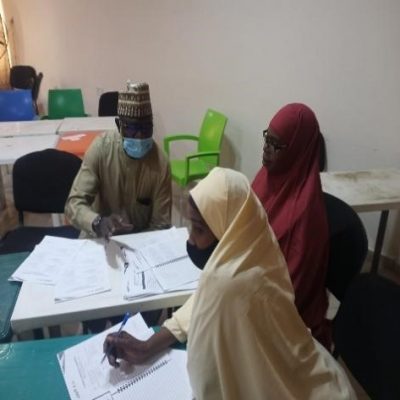
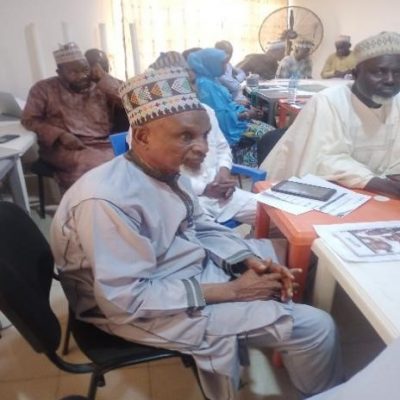
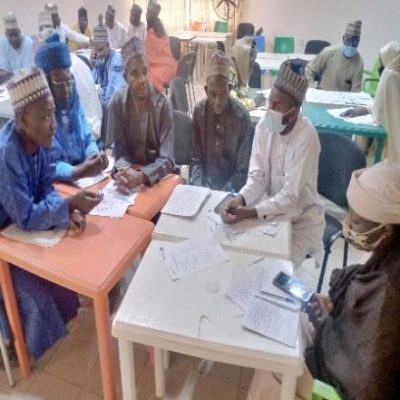
Stakeholders at training Session
The presentations were simplified, the session was interactive, and local language was used to give everyone an equal opportunity to contribute. The participants at the stakeholder meeting, seeing the importance and how critical safeguarding children is, pledged to do better in protecting children


